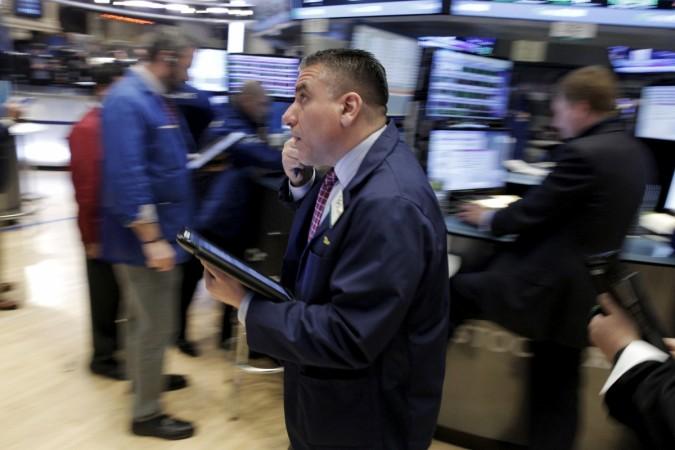
The steep decline and subsequent rebound in the U.S. stock market over the first three months of the year were a boon to U.S. small cap managers, who took advantage of what some considered a short window of low prices to add shares in companies ranging from retailers to steel makers.
"We went on a buying spree," said Chris Towle, co-manager of the Towle Deep Value fund, which is up 2.2 percent for the year to date, compared with a 3.7 percent decline in the benchmark Russell 2000.
Towle's fund added seven positions to its portfolio of 35 stocks in the first quarter, buying companies including retailers Pier 1 Imports Inc (PIR.N), which the fund bought at $4 and closed Thursday at $6.47, and Destination Maternity Corp (DEST.O), which the fund bought near $5 per share and now trades just below $7.
The quick bargain hunting enabled a majority of active small cap stock pickers to do better than their benchmark Russell 2000 index, an atypical outperformance.
Yet Towle and other fund managers who bought heavily in the first quarter now say they are already trimming back on some of their positions after small-caps jumped 8 percent in February, their highest monthly return since 2011, making many stocks once again look fully valued.
The trailing price-to-earnings ratio of the benchmark Russell 2000 now stands at 27.2, compared with a 19.2 P/E multiple for the large-cap focused Standard & Poor's 500 index.
"During the first six weeks of the year you had no rhyme or reason for the way stocks were selling," said Craig Hodges, co-manager of the Hodges Pure Contrarian Fund, which is up 14.6 percent for the year to date.
Hodges bought more shares of oil company Freeport-McMoRan Inc (FCX.N) when its shares hit $3.15 earlier this year, and has since then began trimming his position back as the shares jumped to $10.99 on March 22. Over the same time, he picked up more shares of United States Steel Corp (X.N), the second-largest position in his fund, when it fell to $6.15 but has been trimming since as shares jumped to $16.08 on Thursday.
With concerns that oil prices would tumble into the $20s and that U.S. bond yields could turn negative, the U.S. stock market fell nearly 11 percent between the start of the year and its Feb. 11 low. Since then, stabilizing oil prices and signs of growth in the U.S. economy have pushed the benchmark S&P 500 back up 11.6 percent to near its record-high.
The quick move in and out of stocks on the part of fund managers enabled them to beat their own indexes in unusually high numbers. Approximately 65 percent of small-cap managers topped the Russell 2000 during the first quarter, although typically only a minority of stock pickers are able to outperform their indexes. In the first quarter, just 22 percent of large-cap funds were able to beat the S&P 500, according to Lipper data.
















